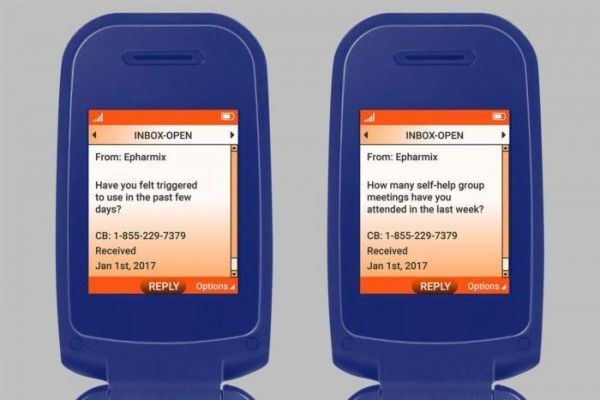A new automated text messaging service may curb opioid abuse and reduce the likelihood of relapse while also decreasing treatment costs, according to researchers at Washington University School of Medicine and Epharmix, a St. Louis-based digital health company.
A new automated text messaging service may curb opioid abuse and reduce the likelihood of relapse while also decreasing treatment costs, according to researchers at Washington University School of Medicine and Epharmix, a St. Louis-based digital health company.
The service provides automated text messages and phone calls to patients being treated for opioid addiction. Such messages ask patients if they’re feeling OK or struggling with potential relapse. Patients also can activate a panic button for immediate help.
Time saved from monitoring patients through individual phone calls and in-person appointments may trim medical costs and permit health-care workers to treat more patients without accruing heavier workloads.
Findings of the small study are published April 17, 2018, in NEJM Catalyst, a publication of The New England Journal of Medicine Group.
Read more at Washington University in St. Louis
Image: Washington University School of Medicine in St. Louis and Epharmix, a digital health company, have created a new automated text messaging service that may curb opioid abuse and prevent relapse. Patients receive text messages to gauge if they're feeling OK or struggling with potential relapse. Patients also can activate a panic button to request immediate help. CREDIT: Epharmix




